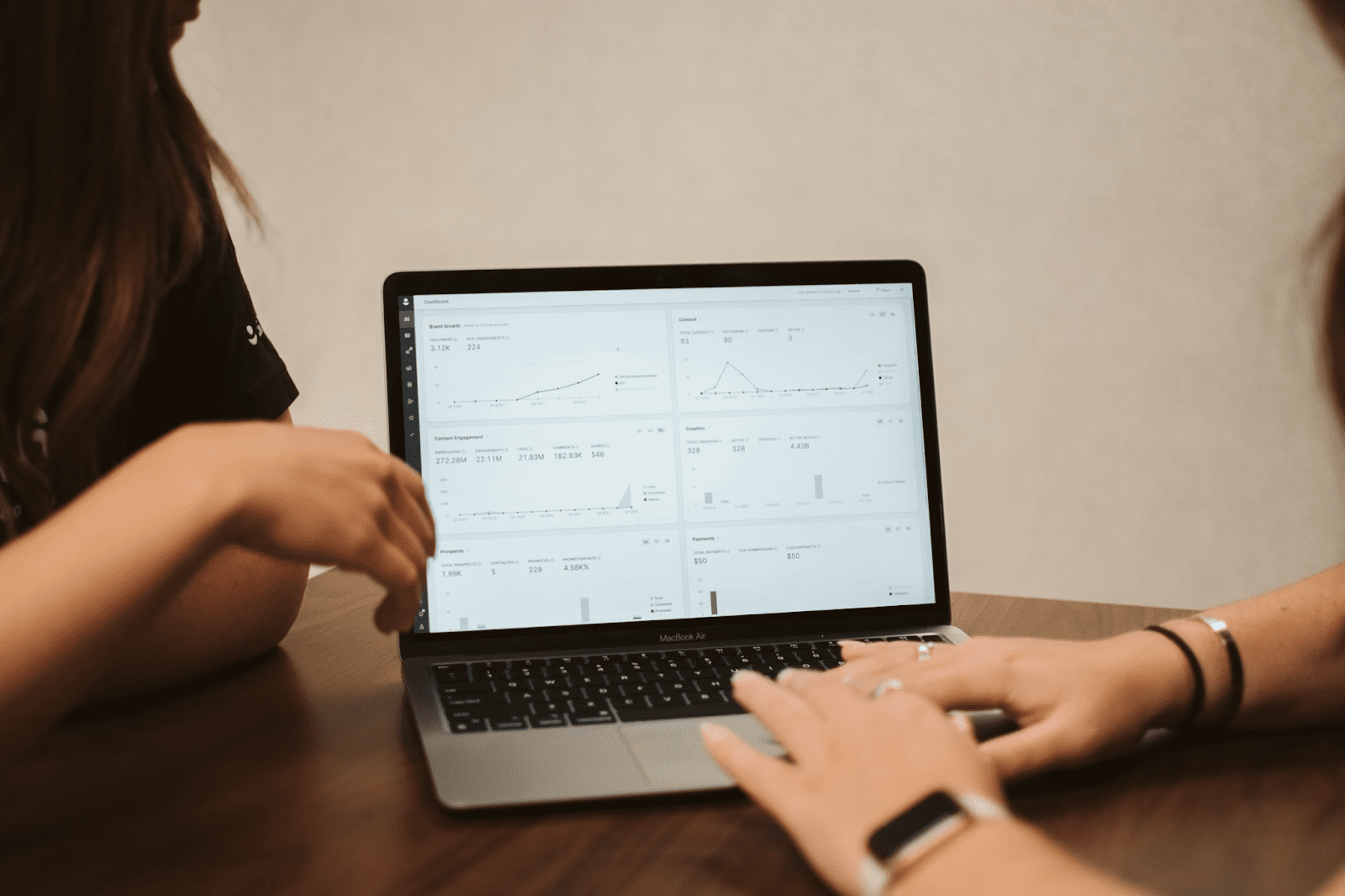Business school changed a lot in recent years. Excel skills alone won’t cut it anymore. Companies want people who can work with data.
Every business collects tons of information now. Customer behavior, sales numbers, website clicks – everything gets tracked. The hard part is figuring out what it all means.
Students who learn data skills get hired faster. LinkedIn shows data analysis as a top skill employers want. Start learning now and you’ll have an edge after graduation.
Handling Your Course Load
Learning analytics isn’t easy. You’re learning programming, stats, and new software all at once. Add your regular classes and it gets crazy.
Many students struggle with the workload. Analytics projects take hours of practice. When papers are due in other classes too, something’s gotta give.
Being smart about your time helps. Some students use writing help for routine assignments so they can focus on technical practice. Writers at https://edubirdie.com/ can handle papers when you’re swamped. This helps lower your stress and lets you focus on actually the material. It’s a smarter way to make time for deeper learning and skill development.
It’s not about cutting corners. It’s about using your time where it matters most for your future.
What You’ll Learn
Analytics programs teach you useful stuff. You’ll learn Python or R for handling data. SQL lets you get information from databases yourself.
Stats classes help you know if your findings make sense. You learn when numbers might be wrong or misleading.
But it’s not all coding. You need to understand business problems too. What questions should you ask? How do you explain findings to your boss who doesn’t know coding?
Communication matters as much as the technical side.
Main Tools to Know
Lots of software exists for analytics. Don’t stress about learning everything. Focus on these:
Excel and Google Sheets are everywhere still. Every company uses them. Learn pivot tables and basic formulas first.
Tableau and Power BI make charts and dashboards. No coding needed, which is nice when you’re starting. Most companies use one of these.
Python and R handle complex stuff. Python is easier to learn. R is great for heavy statistics work.
SQL gets data from databases. Super useful because you won’t need IT’s help for every report.
Google Analytics tracks website visitors. Good to know if marketing interests you.
Real Jobs That Use This
Data analytics works in every industry now. Not just tech companies. Stores use it to figure out what to stock. Hospitals improve patient care with it.
Banks catch fraud with data patterns. Marketing teams see which campaigns actually bring in customers. Small businesses use it to understand who buys from them.
A 2024 Gartner survey showed 87% of companies consider data really important. Your skills work anywhere. You pick the industry that interests you.
Make Your Own Projects
Employers want to see real work, not just grades. Class projects are okay but personal ones stand out more.
Pick topics you actually care about. Sports stats, music streaming data, video game trends – whatever. Find a dataset online, clean it up, analyze it, make some charts.
Put everything on a website or GitHub. Write up what you found and why it matters. Recruiters look at this stuff during interviews.
Three good projects beat ten rushed ones. Take your time and do it right.
Meet People in the Field
Connections help you get jobs. Join analytics clubs at school. Go to meetups in your city.
Kaggle is an online site where you solve data problems with other people. LinkedIn has groups where people share tips and job posts.
Study with classmates too. Teaching someone else actually helps you learn better. Lots of people get their first job through someone they met in school.
Analytics people are usually pretty friendly and helpful.
Why Companies Need Data People
Think about Netflix recommending shows you might like. Or Amazon suggesting products. That’s data analytics at work.
Every business does this now. They track what customers buy and when. They measure which ads work and which don’t.
According to a Forbes study, companies that use data well get 23 times more customers. They also keep them six times longer.
But someone needs to make sense of all those numbers. That’s where you come in. The U.S. Bureau of Labor Statistics says data analyst jobs will grow 35% by 2032. That’s huge.
Your Future Career
Learning analytics opens lots of doors. You could be a business analyst, work at a startup, or join a consulting firm. Tech companies always need data people.
But regular jobs need these skills now too. Marketing managers analyze campaigns. Product people track how users behave. Supply chain managers use data to save money.
You don’t need to know everything before applying to jobs. Companies want people who can learn quickly. Your business degree plus data skills makes you valuable.
Start small and build up. Pick one tool and get good at it. Practice a little bit every day. You’ll improve faster than you think.
Image credit: Unsplash



































